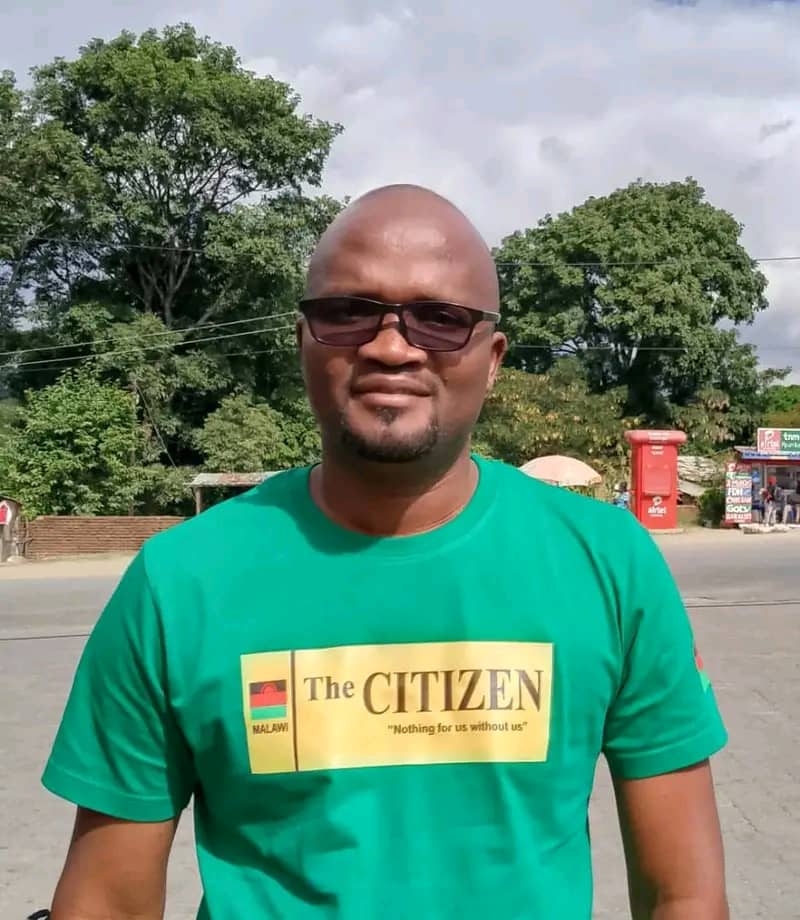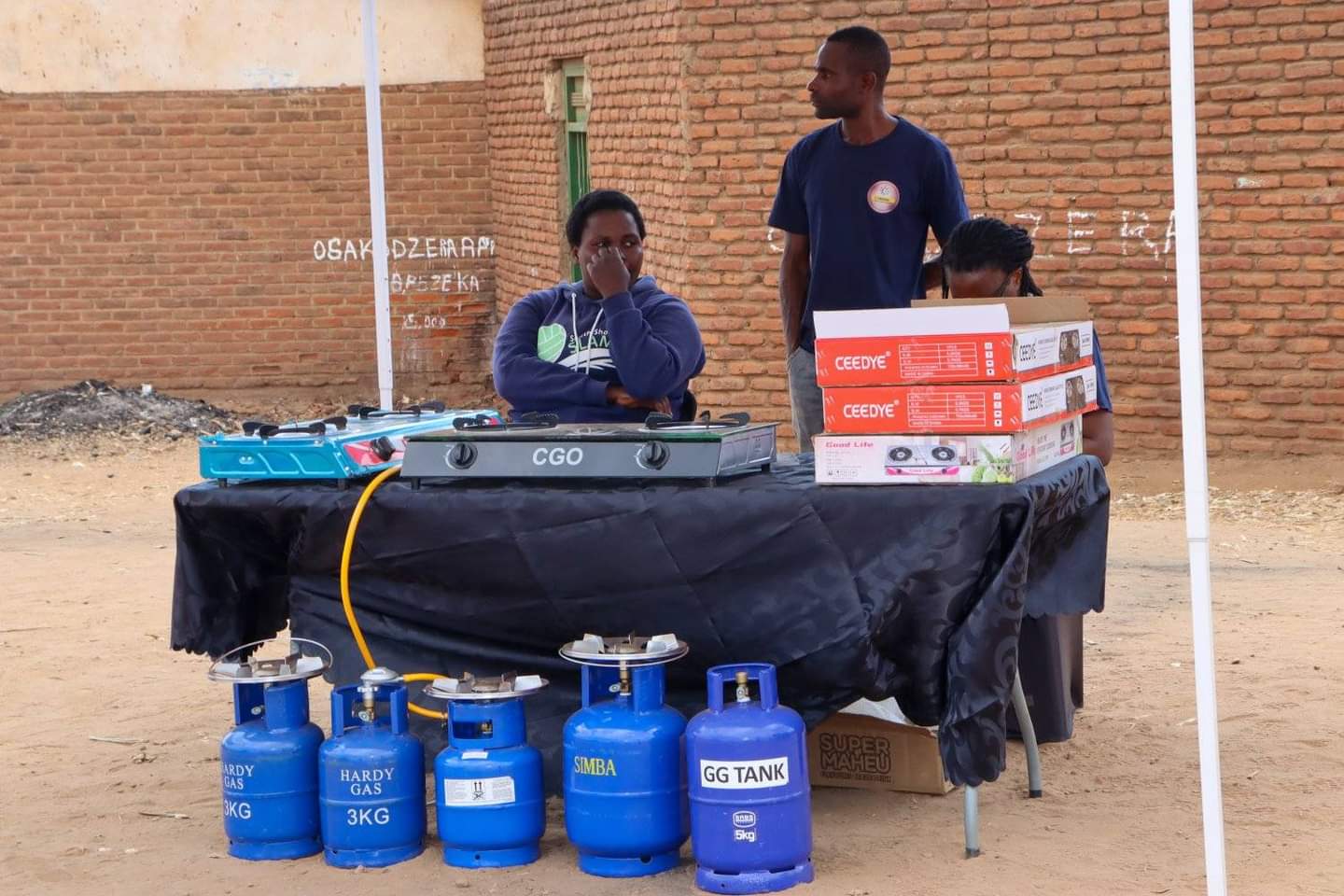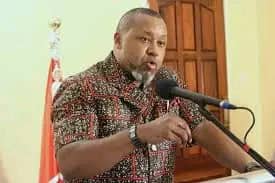By Burnett Munthali
Today, we are honored to speak with Edwards Kambanje, a passionate activist and a vocal member of the Concerned Citizens of Malawi. Kambanje has been at the forefront of advocating for accountability, efficiency, and meaningful change in governance.
In this exclusive interview, he shares his candid views on President Lazarus Chakwera’s recent cabinet reshuffle, its implications for Malawi’s future, and the urgent need for reform. His unfiltered analysis sheds light on the frustrations of many Malawians grappling with economic hardship and a government that seems disconnected from the realities on the ground.
Join us as we delve into Kambanje’s take on what he calls the “missed opportunity” of the reconfigured cabinet and his vision for a better Malawi.
Kambanje: Thanks for having me in this interview
In the wake of President Lazarus Chakwera’s recent cabinet reshuffle, I sat down with outspoken activist and concerned citizen Edwards Kambanje to discuss his views on the composition and implications of the new cabinet. Kambanje did not hold back, labeling the changes as a “missed opportunity” and expressing deep concern over the direction Malawi is heading under Chakwera’s leadership.
Q: What is your general assessment of the newly reconfigured cabinet by President Chakwera?
Kambanje: It’s extremely disappointing. This cabinet is nothing more than a rotation of the same old faces who have consistently failed to deliver. President Chakwera had a chance to set the country on a better path, but instead, he’s prioritized political patronage over competence and expertise. He promised Malawians a lean cabinet during his campaign, yet what we see now is a bloated structure riddled with inefficiencies.
Q: You mentioned political patronage. Can you elaborate on how this plays into the cabinet appointments?
Kambanje: Look at some of the appointments—it’s clear they were made to appease specific individuals or groups. For example, Kenneth Zikhale Ng’oma, who has been widely criticized for his ineffectiveness, has simply been moved to another ministry to save face. It’s not about delivering results; it’s about maintaining political alliances and satisfying cronies. This type of governance only deepens our country’s struggles.
Q: What specific issues do you see with the cabinet’s structure?
Kambanje: The overlapping and unnecessary portfolios are glaring. Why do we need separate ministries for Higher Education and Basic Secondary Education? Or separate ministries for Natural Resources, Water, Energy, and Mining? In a poor country like Malawi, all these could be merged into fewer, more efficient ministries. Instead, we’re spending millions to maintain a structure that’s not even practical.
And then there’s the addition of more deputy ministers—what purpose do they serve other than to inflate government expenditure? This is the worst misuse of resources at a time when the country is grappling with severe economic hardships.
Q: Do you think this cabinet is capable of addressing Malawi’s pressing economic issues?
Kambanje: Not at all. These are the same individuals who have failed to improve our economy in the past. The president is not patriotic—he prioritizes his own interests and those of the people around him. How can such a team lead us out of this crisis? We are running out of time, and with this kind of leadership, I don’t expect any meaningful progress.
Q : What solutions would you propose to address these issues?
Kambanje: First, we need to amend our constitution to limit the president’s ability to create ministries out of thin air without proper justification. Every new ministry should require a cost-benefit analysis to determine its necessity.
Second, we need to drastically cut down the size of the cabinet. A lean government is essential in a country where citizens are struggling to access basic needs. Consolidate overlapping ministries, reduce the number of deputy ministers, and focus on efficiency and expertise.
Finally, the people of Malawi must take this as a wake-up call. In the next election, we must vote for a leader who is serious about saving our country from this mess.
Q: Any final words for Malawians?
Kambanje: Malawi needs immediate liberation. This government has proven time and again that it’s not working in the best interest of the people. The citizens are suffering, and we cannot afford another term of this kind of leadership. Let’s unite, demand accountability, and vote wisely in the upcoming elections.
In a country facing a mounting economic crisis, Edwards Kambanje’s passionate critique reflects the frustration of many Malawians. Whether his call for action will resonate with voters remains to be seen, but his message is clear: the time for change is now.




